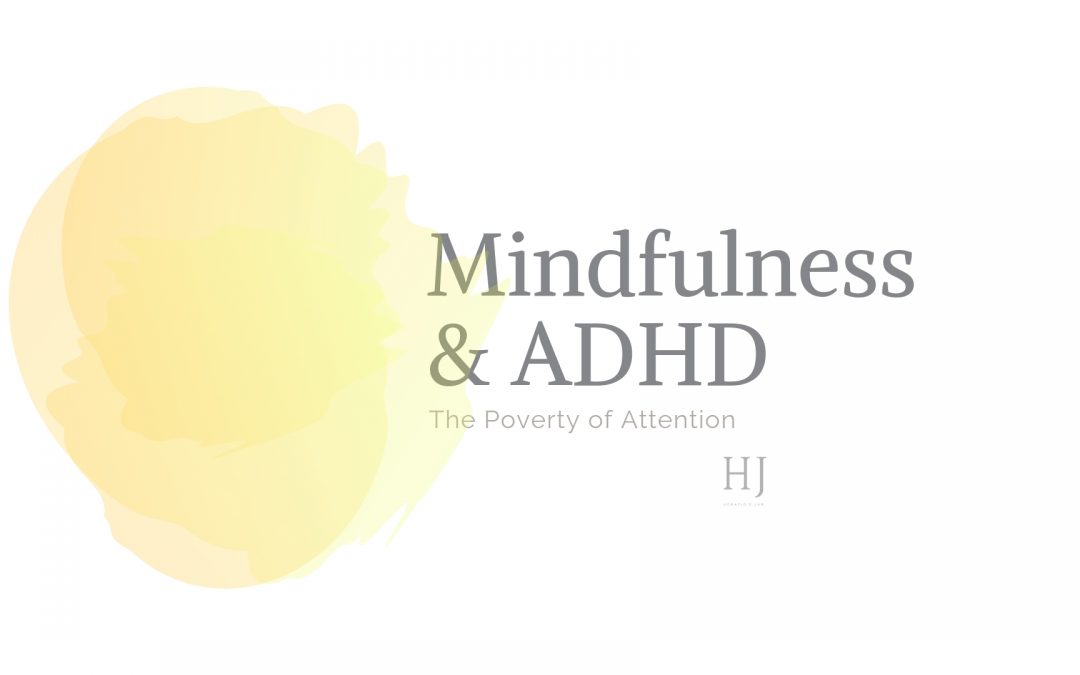Published by: Digital Schools
Mindfulness in the mainstream.
Since founded in 1979 by Jon Kabat – Zinn, Mindfulness or MBSR (mindfulness-based stress reduction) has been used the world over in hospitals, corporations, the military and schools as a form of brain training, stress reduction and cognitive boost.
There are over 600 published studies verifying mindfulness meditations effectiveness in reducing stress, building mental resilience, improving cognition and helping the body to repair itself.
The Doctor who used mindfulness instead of medication .
Dr Chris van Tulleken takes over part of a GP surgery and stops patients’ prescription pills. This time, his focus is on children on medication and taking them off drugs. (English, SBS)
 Dr Chris van Tulleken CREDIT: BBC
Dr Chris van Tulleken CREDIT: BBC
Because of the effectiveness mindfulness has in developing self-awareness, emotional self-regulation, cognition and concentration it has application in the treatment of cognitive disorders like ADHD in children have been adopted and explored by clinicians and psychologist as an alternative to medication.
ADHD or Attention Deficit Hyperactivity Disorder is a neurobiological impairment and not a product of bad parenting. ADHD affects people in different ways and the symptoms and severity can differ. People that have ADHD can have difficulty with planning, being motivated, regulating behaviour and emotions, sitting still, paying attention, memory, and making friends.
Not everyone with ADHD appears to be over-energetic, some people have problems with motivation, making decisions or remembering what to do next and can be labelled as lazy when they are not.
Other Traits Of ADHD
- Being sensitive to sounds and lights
- Touch sensitive
- Inability to express emotions
- Impulsive relationships
- Intense emotional fluctuations
- Anxiety
- Indecision
- Low motivation
Seeing things as they really are
Mindfulness is a style of mediation derived from Tibetan Buddhist practices of Vipassana, (which means to see things as they really are). A lot of what we experience is filtered through the lens of our own emotions, expectations, awareness and cognitive bias.
Mindfulness style meditation helps to separate our attachments to thoughts, feelings and emotions and help us to look upon the world in a more objective way. It gives us greater clarity which means we have a more positive outlook and the skill to navigate our attention and our choices.
Mindfulness helps us to maintain concentration so we then recognise when our mind is wandering off. We also can then observe the fluctuation of negative thoughts and feelings without bias and through effort retrain the mind to be more positive.
Practising mindfulness daily has been proven to increase working memory which means information is stored in long-term memory which helps students to perform better in exams, cope with stress and perform tasks that require prolonged attention.
Guest Contributor: Emily Rack
Business Name: Horatio’s Jar
Publisher: Digital Schools
Emily Rack is a yoga teacher, meditation instructor and freelance writer. She runs yoga and meditation classes, courses and workshops in schools and the wider community & is passionate about teaching the art of mindfulness


